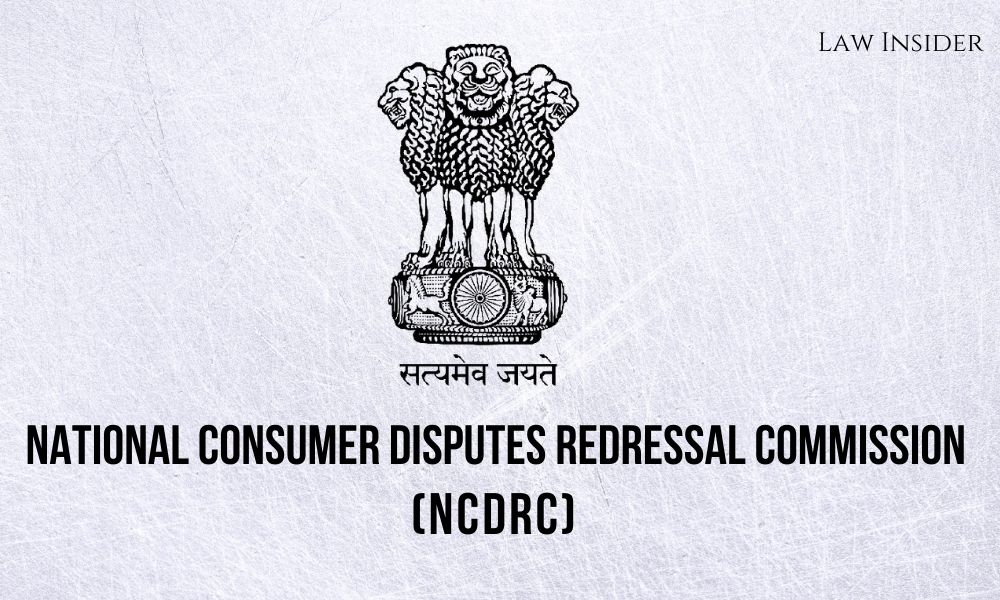Prerna Gala
Published on: September 11, 2022 at 20:03 IST
The National Consumer Dispute Redressal Commission recently issued a ruling, which the Supreme Court upheld, stating that, “every death in an institutionalized environment of a hospital does not necessarily amount to hypothetical assumption of lack of due medical care.”
A civil appeal was being heard by a Supreme Court panel made up of Justice D. Y. Chandrachud, Justice A. S. Bopanna, and Justice J. B. Pardiwala.
The appeal contested a decision and order made by the NCDRC that dismissed a complaint about alleged medical negligence and service deficiencies on the grounds that the case had not been established conclusively.
The complainant stated that her spouse was carried into the hospital via the casualty entrance and complained of vomiting during the NCDRC hearing. He again vomited and complained of having trouble breathing after being evaluated in the casualty ward.
The patient received an injection from the doctors, which caused him to experience cramps and lose consciousness. The patient’s family was forcibly removed from the emergency room after learning that the patient’s arteries were 70% blocked.
The Complainant stated that the Cardiologist was not called despite numerous requests to the Hospital Staff to do so. The patient was sent to the intensive care unit (ICU) about midnight, and at 1:06 am, he or she was pronounced dead.
The complainant filed a lawsuit against the hospital and the staff, claiming that neither party provided a legitimate explanation for her husband’s cause of death, provided proper records, or handled the issue in a careless manner. She had begged for 7 crores with 18% interest as well as 3 crores for her suffering mentally.
The Hospital and its employees refuted the claim of medical malpractice.
Additionally, they claimed that the patient’s wife and he conspired to hide the fact that he had diabetes. The hospital and the whole cardiology and critical care team, working under the direction of the cardiologist, testified before the NCDRC that the right procedure was followed, but the patient was unable to be saved and passed away.
When the patient was brought in and an ECG test was performed, which was observed by a cardiology resident who was on duty and showed subtle changes, the senior doctor was immediately informed, according to the submission from the Hospital and Staff Counsel. The patient was given an injection for nausea and acidity at the time the patient was brought in.
Later, the patient experienced a severe case of dyspnea and a serious heart attack. The patient was proclaimed dead after the personnel tried everything to bring them back to life.
Additionally, it was claimed that the Complainants approached the NCDRC with bad intentions and filthy hands. After hearing the parties’ arguments and taking into account the Supreme Court’s rulings, the NCDRC dismissed the petition.
Dissatisfied with the NCDRC judgement, the complaint went to the Supreme Court, where the bench ruled in an order stating,
Unless the appellants are able to establish before this Court any specific course of conduct suggesting a lack of due medical attention and care, it would not be possible for the Court to second-guess the medical judgment of the doctors on the line of medical treatment which was administered to the line of medical treatment which was administered to the spouse of the first appellant.
In the absence of any such material disclosing medical negligence, we find no justification to form a view at variance with the view which was taken by the NCDRC.
Thus, the appeal was rejected by the court.

